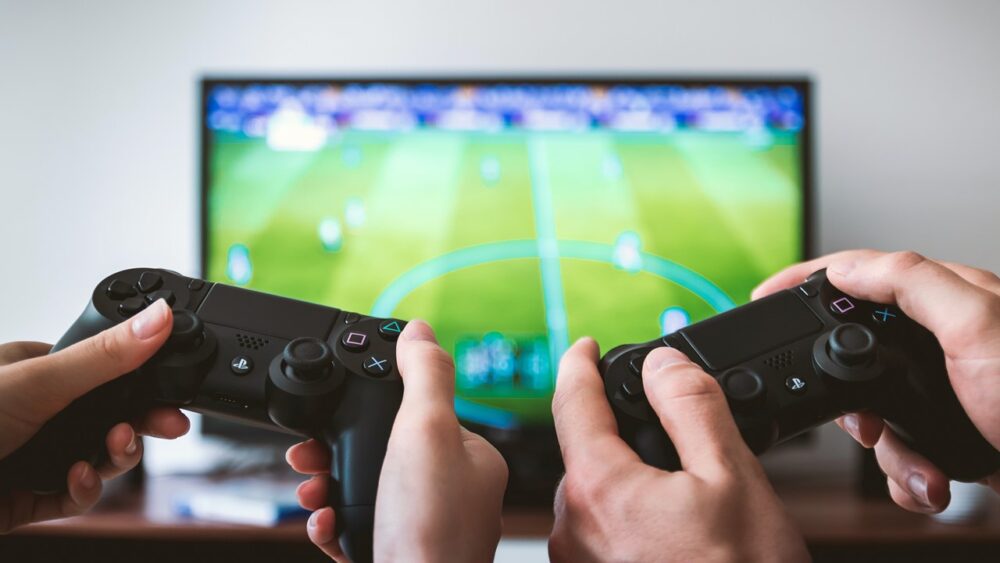

Savanta’s latest report reveals how gaming has swept the country to become a mainstream pastime.
More than two thirds (67%) of people across the UK have played specifically on a smartphone over the past year.
Far from the stereotype of young single men playing on consoles in their bedrooms, our new research shows that, in fact, 86% of the UK public has played some form of game over the past year with more than half (54%) playing most days.
The split is equal among men and women (50% apiece) although the device of choice and reasons for gaming differ.
Debunking gaming myths
Women are more likely to play on smartphones to relax (39% of female gamers), while men are much more likely to play on a console than women (67% of male gamers vs 45% of female) and say the top reason for playing is entertainment (38%).
In terms of age, while the myth prevails that mainly younger people play, the data shows that 46% of people who play games on most days are aged over 40, almost two third of gamers are married or in a civil partnership, and gamers are more likely to have children than “non-gamers”.
Smartphones appear to the number one driving force in the rise of gaming: more than two thirds (67%) of people across the UK have played specifically on a smartphone over the past year.
Future trends and media consumption
As well as exploring the different gaming personas, the report looks at trends such as esports and virtual reality. While VR is still fairly niche, augmented reality has had more traction. The report delves into who is still playing Pokémon Go three years after it captured imaginations across the globe.
The research also explores attitudes towards advertising, spend on in-game purchases and micro-transactions as well as where gamers find out about new releases and game recommendations. Despite the rise of online shopping, the high street is still a popular option with almost two in three of those who purchased a game within the last three months saying they did so at a physical store.
The dark side of gaming
While there are many positives to gaming as a hobby, it often features in the news for less savoury reasons.
Here we explore whether people think games really do contribute to violent crime (as so many political and media commentators have alleged over the years); if bullying is an issue within the online gaming community; and whether – in line with other digital pastimes – there is a link between gaming and addiction: are people spending more money than they’d like? Are they so engrossed in a game that they lose track of time? Is their hobby affecting other aspects of their life?
Game on: a study of UK gaming attitudes and behaviours explores all this and more. Find out the stats behind the stories by downloading the report here.
About the survey
- We interviewed 2,045 UK adults aged 16 – 69, a nationally representative sample of the UK population (which included both gamers and non-gamers)
- Interviews were completed online
- All interviews were completed during September 2019









